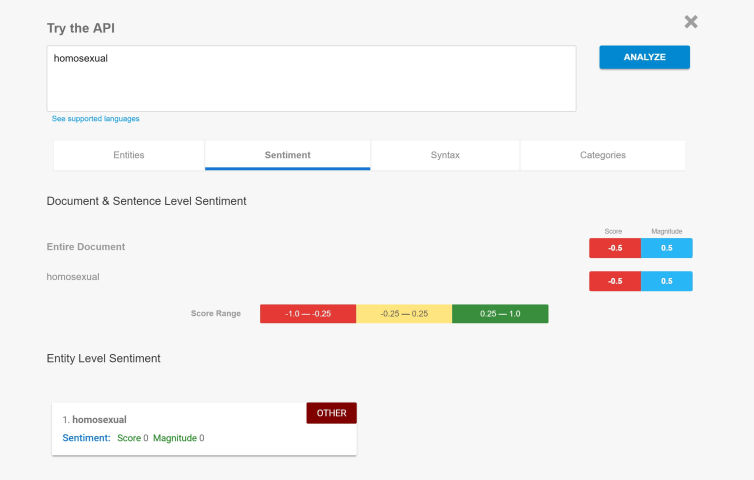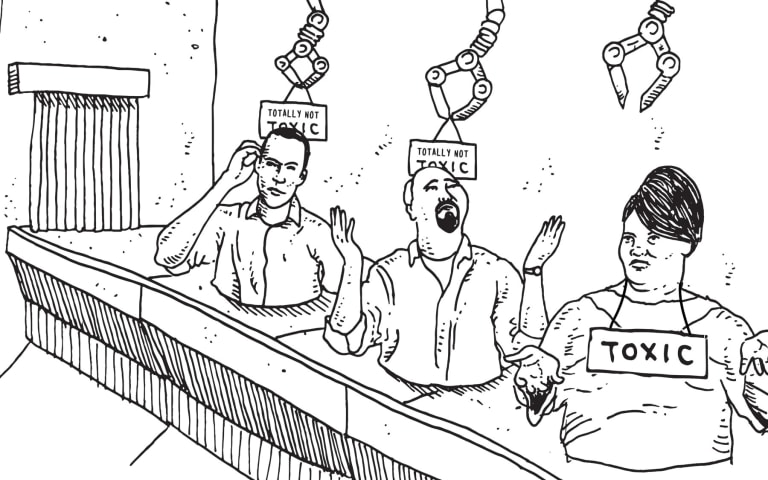概要: プライバシー活動家のケビン・バンクストン氏は、GoogleのAI「Gemini」がユーザーの明示的な同意なしにGoogleドライブ内のプライベートPDFをスキャンしていると主張している。バンクストン氏によると、ある文書にGeminiを使用した後も、AIは類似のファイルに自動的にアクセスし続けるという。Googleはこれらの主張に反論し、Geminiはユーザーによる事前のアクティベーションを必要とし、プライバシー保護設定内で動作すると述べている。
Alleged: Google developed an AI system deployed by Google と Gemini, which harmed Kevin Bankston , Google users と Google Drive users.
インシデントのステータス
Risk Subdomain
A further 23 subdomains create an accessible and understandable classification of hazards and harms associated with AI
2.1. Compromise of privacy by obtaining, leaking or correctly inferring sensitive information
Risk Domain
The Domain Taxonomy of AI Risks classifies risks into seven AI risk domains: (1) Discrimination & toxicity, (2) Privacy & security, (3) Misinformation, (4) Malicious actors & misuse, (5) Human-computer interaction, (6) Socioeconomic & environmental harms, and (7) AI system safety, failures & limitations.
- Privacy & Security
Entity
Which, if any, entity is presented as the main cause of the risk
AI
Timing
The stage in the AI lifecycle at which the risk is presented as occurring
Post-deployment
Intent
Whether the risk is presented as occurring as an expected or unexpected outcome from pursuing a goal
Unintentional
インシデントレポート
レポートタイムライン
Loading...

バリアント
「バリアント」は既存のAIインシデントと同じ原因要素を共有し、同様な被害を引き起こし、同じ知的システムを含んだインシデントです。バリアントは完全に独立したインシデントとしてインデックスするのではなく、データベースに最初に投稿された同様なインシデントの元にインシデントのバリエーションとして一覧します。インシデントデータベースの他の投稿タイプとは違い、バリアントではインシデントデータベース以外の根拠のレポートは要求されません。詳細についてはこの研究論文を参照してください
似たようなものを見つけましたか?
よく似たインシデント
Did our AI mess up? Flag the unrelated incidents
よく似たインシデント
Did our AI mess up? Flag the unrelated incidents



